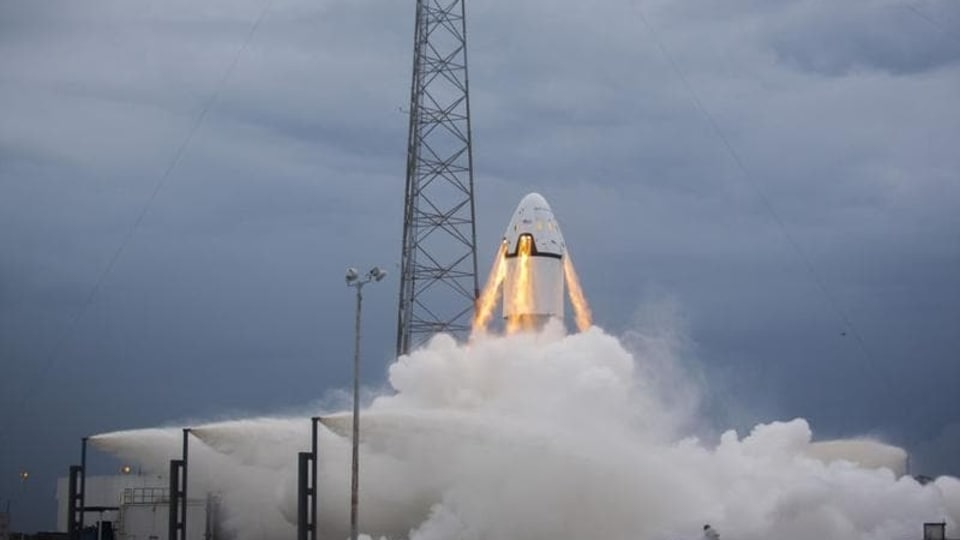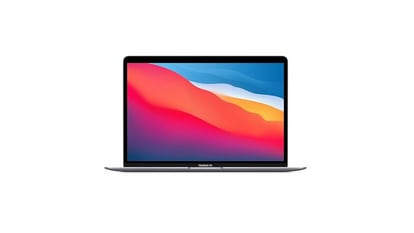Chandrayaan-2 could witness SpaceX Falcon 9 rocket CRASH on Moon
A SpaceX rocket is tumbling out of control towards the Moon, and Chandrayan 2 could observe the entire drama.


Chandrayaan-2 and NASA's LRO missions could record the first LUNAR cr Elon Musk-led SpaceX had launched a Falcon 9 rocket back in 2015 and a major remnant of it is now tumbling out of control towards the Moon. In fact, the rocket is more likely to hit the Moon on March 4, as suggested by an astronomer. SpaceX, however, is not controlling any of this and after already doing a close fly-by of the Moon, it could now crash on its surface.
This Falcon 9 rocket was originally launched in 2015 to deliver NOAA's Deep Space Climate Observatory to its destined orbit. After doing a complete burnout, the second stage of the rocket did not have enough fuel to return to the Earth. However, it was also not fast enough to escape the gravity of the Earth-Moon system. This has put it in a weird chaotic orbit around the Earth-Moon system since February 2015.
Falcon 9 rocket could hit Moon
Astronomers have now predicted that the remnant of the rocket is now possibly on a collision course with the Moon. Bill Gary, who writes the Project Pluto Software, told ArsTechnica that the Falcon 9's upper stage is likely to impact the far-side of the Moon around the Equatorial region. The date of impact is most likely to be on March 4.
The speed of the impact for Falcon 9's second stage should be around 2.58 Km/s. Note that despite running dry, the rocket still weighs approximately 4 tons.
This out-of-control Falcon 9 rocket poses no danger to the existing lunar missions but it provides two of them a chance to observe its impact crater. The report says that ISRO's Chandrayaan-2 and NASA's Lunar Reconnaissance Orbiter could observe the impact crater after the rocket crash lands on the Moon. Scientists could use this moment to study the subsurface material ejected by the rocket's impact on the lunar surface.
Although NASA has previously crashed rockets into the Moon's surface for study purposes, this Flacon 9 rocket hitting the Moon will be the first case of an unintentional collision.
Catch all the Latest Tech News, Mobile News, Laptop News, Gaming news, Wearables News , How To News, also keep up with us on Whatsapp channel,Twitter, Facebook, Google News, and Instagram. For our latest videos, subscribe to our YouTube channel.

























